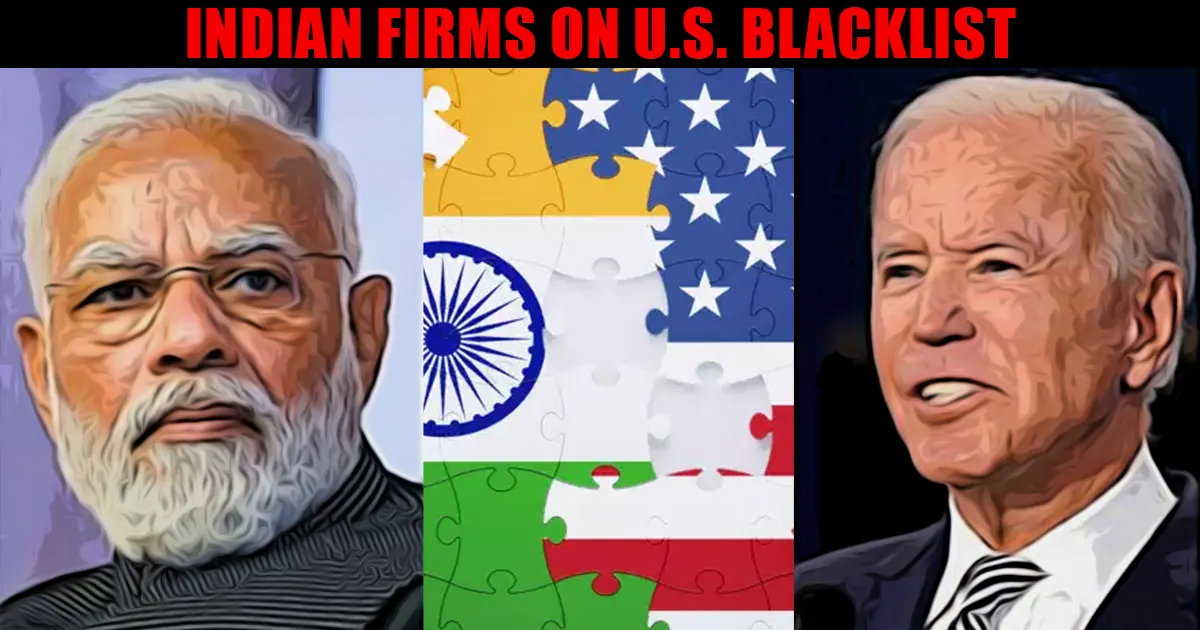
Context: The U.S. recently sanctioned around 400 global entities, including 19 Indian firms, for alleged involvement in Russia’s defense and technology sectors, primarily by supplying dual-use technologies (items with both civilian and military applications).
Understanding Economic Sanctions:
- Purpose of Sanctions: Economic sanctions restrict trade, investments, and financial transactions to disrupt a target’s economy.
- Types of Sanctions:
- Comprehensive Sanctions: Broad restrictions on entire countries, such as the U.S. embargo on Cuba.
- Targeted Sanctions: Specific restrictions on individuals or entities, like sanctions on certain Russian firms.
- Enforcement: Sanctions are enforced by individual nations (e.g., U.S. sanctions on Iran or Russia) and international organizations such as the UN and the EU to address global security concerns.
U.S. Executive Order 14024: This order blocks assets and limits access to U.S. financial systems for entities assisting Russia, with a goal to restrict Russia’s access to advanced technologies.
India’s Response to the Sanctions:
- Government Stance: India only follows UN-imposed sanctions, not unilateral sanctions from other countries, including the U.S.
- Position of Ministry of External Affairs: The Ministry maintains that Indian companies are acting within Indian laws.
- Government Actions: India is working with U.S. authorities to resolve misunderstandings and lessen the impact on affected Indian firms.
Potential Impacts on Indian Industries:
- Defense Sector: The sanctions have minimal effect on defense, as most sanctioned Indian firms have limited defense involvement. Only RRG Engineering has minor connections with India’s DRDO (Defense Research and Development Organisation).
- Trade and Technology Sector: Some firms sell Western electronics to Russia, but essential components like microelectronics could be sourced domestically within India.
Steps India Could Consider:
- Sanction-Proof Systems: India may strengthen banking networks and promote bilateral currency trade to reduce dependency on the U.S. financial system.
- Company Awareness: Educating companies on U.S. compliance requirements could help avoid future violations.
How a Change in U.S. Leadership Might Affect Sanctions:
- Trump’s Possible Return: Known for a more lenient stance on Russia, Trump’s return could potentially ease sanctions on Russian allies.
- Role of U.S. Congress: Bipartisan laws like CAATSA (Countering America’s Adversaries Through Sanctions Act) show strong congressional resistance to Russia, which could limit a president’s power to reduce sanctions even if Trump were in office.




